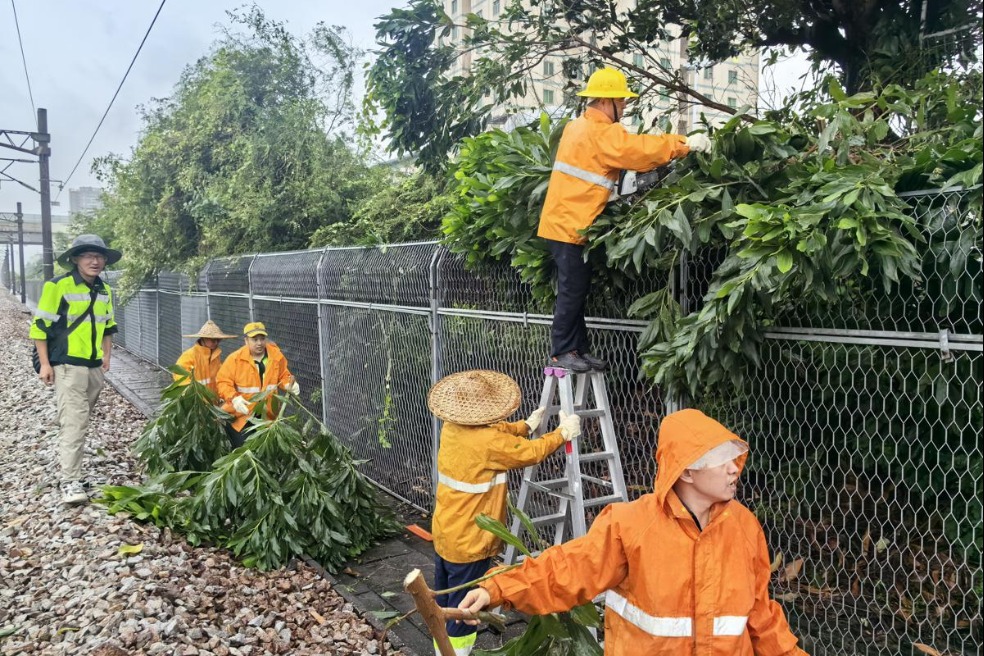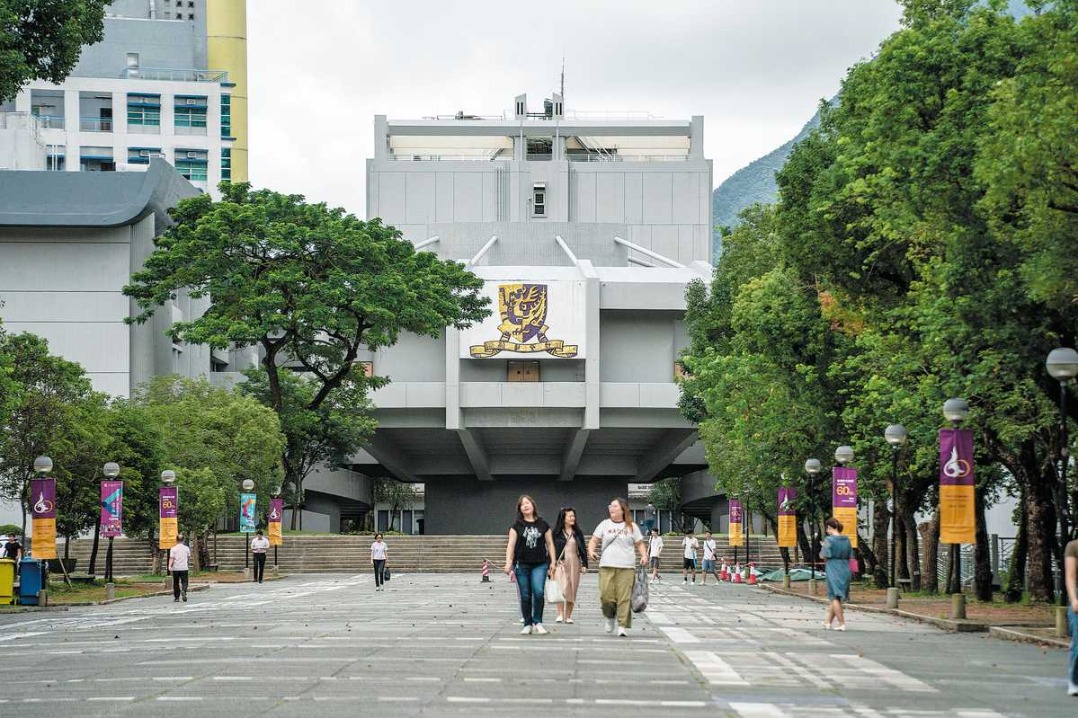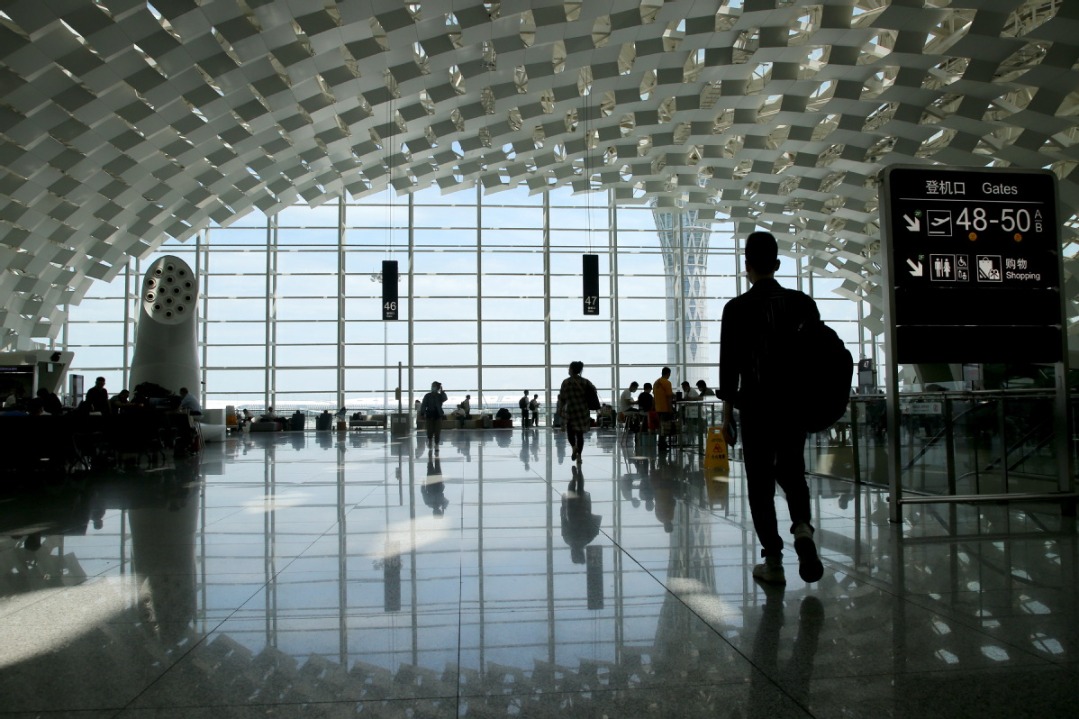Scripting a recovery in virus-free NZ

WELLINGTON-New Zealand's capital has had an extra buzz of excitement over the past week since Hollywood director James Cameron and his crew flew in to film the much-anticipated sequel of the epic science-fiction film Avatar.
The film is among a handful of productions kicking off in New Zealand as it begins to open up after containing the novel coronavirus, and looks to its film industry to give its battered economy a boost.
New Zealand lifted all domestic coronavirus restrictions on Monday after its final COVID-19 patient was given the all-clear, said Prime Minister Jacinda Ardern. Restrictions such as social distancing and limits on public gatherings were no longer needed.
The country's borders remain closed to foreigners, but the government has given special permission for the 55 crew members working on the Avatar sequel to jet in on a chartered plane.
"Certainly, the fact that we are able to start earlier than some countries is great, much as it's distressing to see that the pandemic is still such a challenge around the world," said Annabelle Sheehan, chief executive of the New Zealand Film Commission.
New Zealand's mountains, meadows and forests, made famous by The Lord of the Rings trilogy, have drawn several major film productions over recent years.
About 47 productions were under way when Ardern imposed a tough lockdown on March 26 to stop the spread of the coronavirus.
Avatar producer Jon Landau posted a picture of himself and director Cameron after landing last week and said they would self-isolate for 14 days in line with government rules.
'COVID-free status'
With people around the world cooped up at home, pressure is on filmmakers and other content creators to make new material and get it out.
But what's holding them back is the lack of safe places to work, industry experts say. Now New Zealand is an option.
"We've had a few international enquiries and that's on the back of our COVID-free status," said Gary Watkins, chief executive of Wellington-based Avalon Studios, which was used for the filming of the 2017 Scarlett Johansson starrer Ghost in the Shell and will also help with the new Avatar.
New Zealand's film industry is worth more than NZ$3 billion ($2 billion) a year. A six-month international film can create an estimated 3,000 jobs.
"You need only a few international people coming to trigger thousands of jobs," Sheehan said.
And New Zealand needs the jobs. The government expects hundreds of thousands to be lost because of the coronavirus.
The tourism industry has been particularly hard hit. But in the longer term, the films should help pay tourism back.
"People all over the world will see these new titles and will start seeing New Zealand in a new light ... this will contribute hugely to tourism," Sheehan said.
Agencies Via Xinhua
Today's Top News
- Pragmatic discussions can illuminate the way to a brighter future for China-EU ties
- Ruling parties suffer major defeat in Japan's upper house election
- China, EU to hold 25th China-EU Summit in Beijing
- China's records growth in internet users and AI technology
- Japan's ruling coalition loses majority in both parliament houses
- Mega-hydro project launched in Xizang






























